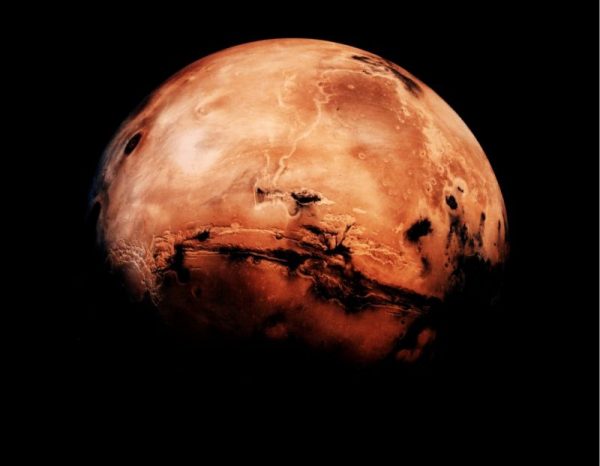If humanity is ever going to settle down on Mars, we may need to become a little less human.
Crewed missions to Mars, which NASA wants to start flying in the 2030s, will be tough on astronauts, exposing them to high radiation loads, bone-wasting microgravity and other hazards for several years at a time. But these pioneers should still be able to make it back to Earth in relatively good nick, agency officials have said.
It might be a different story for those who choose not to come home, however. If we want to stay safe and healthy while living permanently on Mars, or any other world beyond our home planet, we may need to make some tweaks to our species’ basic blueprint, experts say.
Genetic engineering and other advanced technologies “may need to come into play if people want to live and work and thrive, and establish their family, and stay on Mars,” Kennda Lynch, an astrobiologist and geomicrobiologist at the Lunar and Planetary Institute in Houston, said on May 12 during a webinar hosted by the New York Academy of Sciences called “Alienating Mars: Challenges of Space Colonization.”



